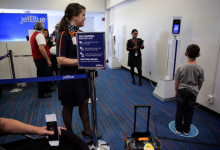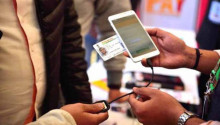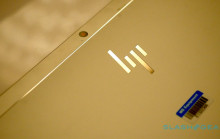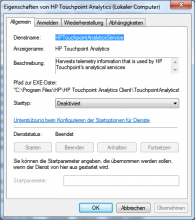OkCupid begins enforcing real-name rules, insists it’s a good idea
Over the past year, online dating service OkCupid has shaken up a few of its core features, and the changes have all pushed the service far closer to resembling rival dating app Tinder. Thursday's big change, however, sees the site borrowing a subtler Tinder "feature" that has long enraged users of other online platforms: a real-name policy, coming before year's end.












































































